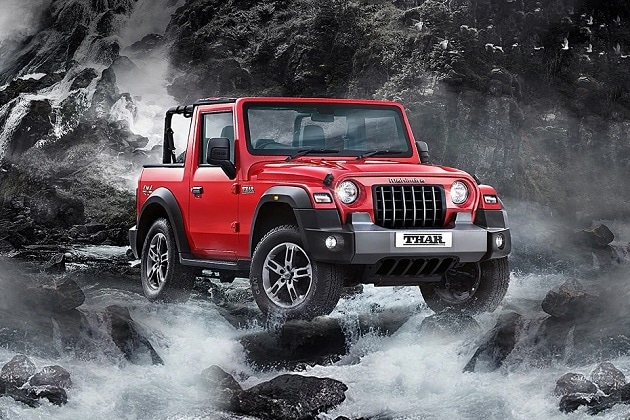Once prestige, owning car is now seen as a commitment: Zoomcar charts path ahead
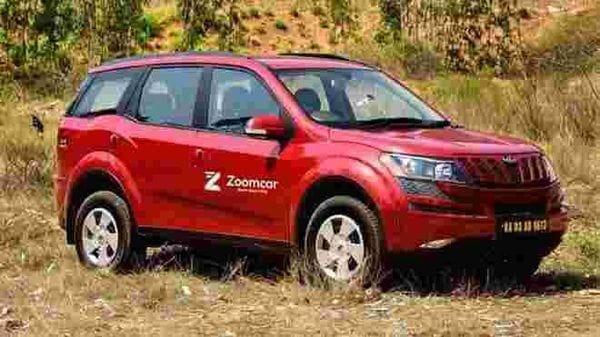

As the world gradually emerged from lockdowns forced by the Covid-19 pandemic, the inherent need for a safer mobility option is being felt the world over. And India is no different. Even as the vaccination drive continues in the country, there is a sense of caution when it comes to using public means of transport even if personal vehicles may be a luxury not a vast majority can afford.
The focus then has turned to subscription-based models for vehicles which promise to take away the large commitment which comes with the outright purchase of a new vehicle while still providing the safety and convenience of a personal commute.
Also check these Cars
Little wonder then that Zoomcar states demand is surging.
Greg Moran, Co-Founder and CEO at Zoomcar, firmly believes that craze over purchasing news cars has been declining in recent times. Gone are the times when buying a car was a matter of prestige and is now seen as a commitment, he explains.
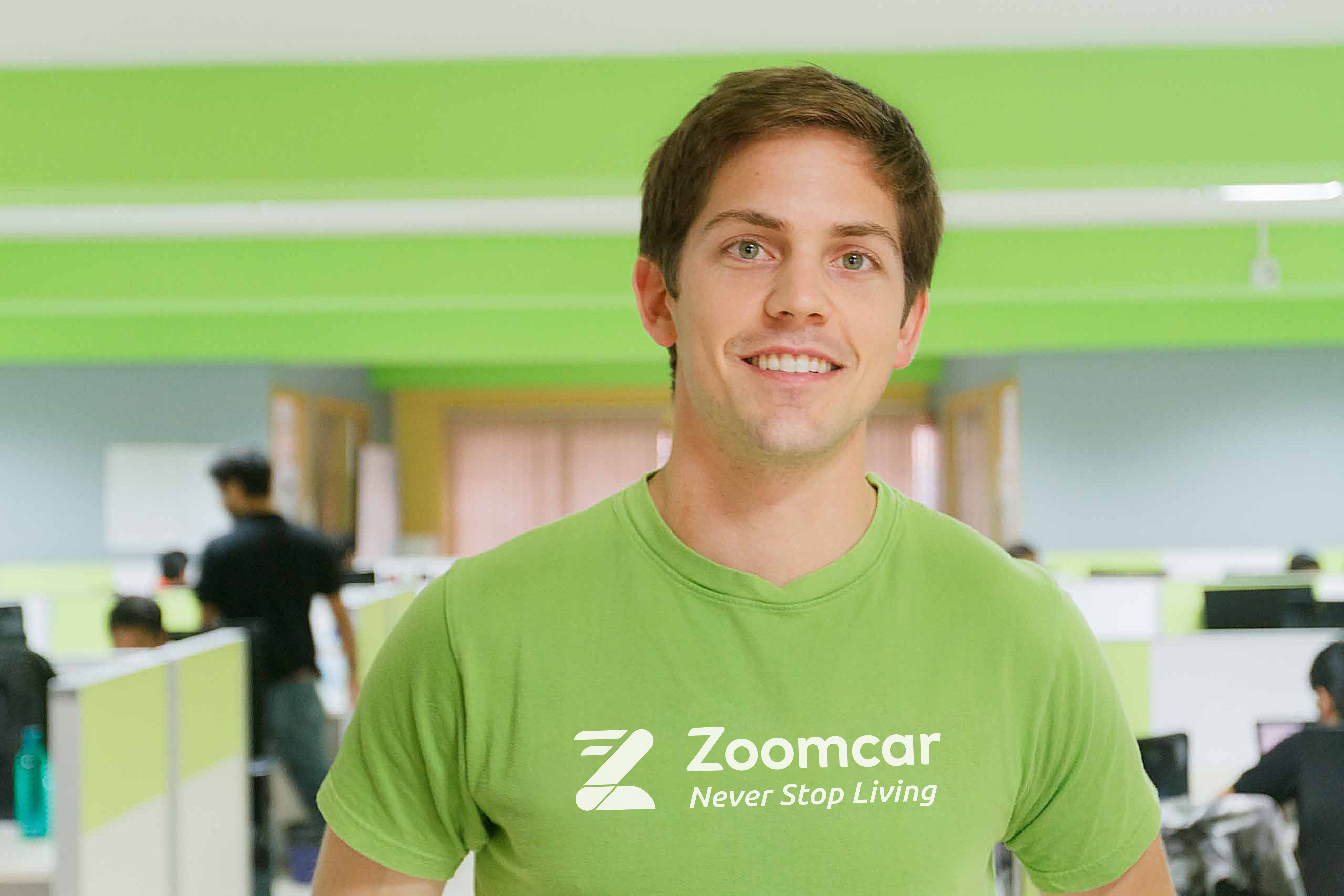

Here are excerpts from an interview with Moran where he outlines how the mobility landscape in India has changed and is continuing to evolve.
How has the pandemic given a boost to the self-drive automobile sector in India?
There is an exponential spike in demand expected for car subscriptions, especially considering the current recession, car subscriptions can prove to be a better option than ride hailing and as a more affordable and quicker way of acquiring a car, delivering a safe personal mobility replacement.
Last couple of months have been quite a wild ride for everyone and particularly for those in the mobility sector! In the last few weeks of May, we began to gradually build up operations and saw bookings and subscriptions come back in a strong way.
We are already seeing a 400% rise in demand and we expect this to settle down at 200-300% over the next few months.
People are now looking for shorter term mobility options as opposed to a long-term expense of owning a car. We have seen a steady rise in demand for cars for personal work and emergency use cases. This December we witnessed a 2x jump in short term rentals compared to the same period last year. We have also seen a 100% recovery from the end of October.
I think this is an interesting time for our business because everyone is in a constant state of evolution.
How has Zoomcar been reaching out to prospective customers to allay concerns in Covid times?
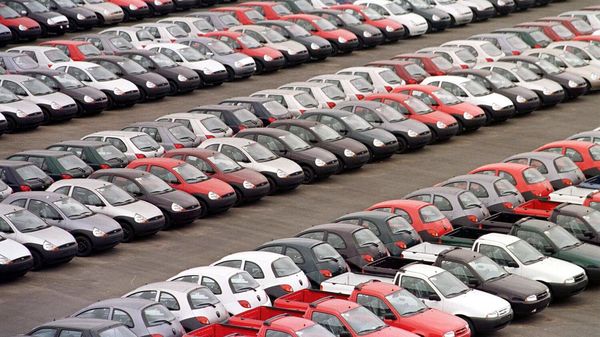

At Zoomcar, we have always been focused on personal mobility and one of the important points that people always forget is that personal mobility solutions like self-drive for cars for four wheelers and also for two wheelers is much more affordable.
Especially in a time like Covid where a lot of folks are laid off, unemployment rates are skyrocketing and not many are talking about the actual true unemployment level where people with disposable incomes have been majorly hit.
In the macro economy level, it actually plays really well for our type of solution, because you are able to deliver something well which is sanitised, clean, personalised, private as well as something which is affordable. So that in a nutshell is one of the macro tails winds which is really helping as we emerge from the pandemic.
Does the preference towards personal mobility come as a shot in the arm for Zoomcar?
The mobility industry is going through a transformational phase globally due to the pandemic. Car subscription is simply the most affordable and quickest way of acquiring a car which is also a safe personal mobility option.
We anticipate a significant increase in car subscriptions post Covid-19 as consumers look to avoid public transport without the burden of car ownership.
Car subscriptions will continue to evolve and grow into more flexible plans and longer durations of leases ending in 12, 24, or 36 months. Even in the post-pandemic world, the rental car industry has advantages to leverage fuelled by the demand that is at an all-time high. The prime reason is that car ownership does not come hassle-free. One has to incur maintenance expenses and problems along the lines of inadequate parking space, volatile fuel prices and rising insurance premium amongst others. All these inconveniences are rooted in the minds of people who entertain buying a new car and are put off by the same.
As such, the craze over purchasing news cars has been declining in recent times.
Has the prevalence of a work from home set up been a challenge, considering inter and intra-city movement has come down for many?
In the post-pandemic order, prioritisation around personal mobility and safety has taken centre stage and that is likely to throw open a host of opportunities for companies like us.
The challenge for us has been to rethink the business model that provides a steady stream of revenue to mitigate business risk under Covid constraints, to understand how the consumer behaviour will change post-Covid and how to manage costs in the absence of business continuity. It also gave us an opportunity to reflect on our business model, technology infrastructure, and understand our customers deeply.
What are the key factors that are diving or may drive people at large towards car rentals instead of ownership?


Owning a car, which once was a matter of prestige, is today seen only as an added commitment. Car ownership comes with its fair share of recurring costs such as EMIs, insurance, repairs and maintenance, and the annual depreciation value.
Thus, millennials are now preferring instant gratification without long-term commitment weighing them down. This is where self-drive car rental services come into play. Car rental services allow users to drive the car of their choice and pay rent for the usage. Besides, the onset of the pandemic has made it difficult for people to buy a new car. The rental car industry, hence, emerged as the way out.
With car rentals, it has become easier for users to find the right vehicle based on their requirements.
Is there a pattern that has been observed between how Indians have opted to commute post lockdown vis-a-vis people in western countries?
People are now looking for shorter-term mobility access as opposed to a long-term investment. We have seen a rise in demand for cars for personal work and emergency use cases. Rentals for intercity travel are up. The notion of owning a car amidst such an intensifying emphasis on social distance may have taken the backseat. Still, the necessity of a mobility service remains as relevant as before.
As people would avoid public transport to keep themselves safe from contracting the virus, the need for rental cars will only go up.
The big markets for us have been the top five metros - Bangalore, Hyderabad Mumbai, Delhi and Chenna. This constitutes majority of our demand.
Historically we have seen about 50-60% hatch or premium hatch like Swift up to the line of segment between 50-60% of distribution, that has gone to 75-80% in the last three to four months post Covid lockdown.
So, we are seeing people with lower income levels who are pinched are gravitating towards lower ₹6.5 lakh and under.
If you look at the vehicles, that are outside the hatch we are seeing the SUV segment like Creta that are popular while the 7-seater SUV has not been as popular post Covid. So, it is really the hatch that is dominating and then the compact SUV’s coming at you in the ₹8 lakh to ₹10.5 lakh segment.
How do you see 2021 panning out for the self-drive car rental business model in India?


At Zoomcar, we believe this is the ideal time to realize the second phase of our broader mobility vision that focuses on bringing disproportionate efficiency gains across the ecosystem through the adoption of innovative, product driven software solutions.
Zoomcar Mobility Services (ZMS) is Zoomcar’s B2B SaaS offering provides a full-stack of mobility software solutions across vehicle segments. With the launch of ZMS, Zoomcar will now provide access to its state-of-the-art, proprietary tech stack which focuses on reducing operating costs, enhancing safety, increasing vehicle monetization, and improving customer engagement. This B2B Saas offering is a more diversified approach to complement our existing B2C business where we are going direct to consumer on the rental and subscription side.
ZMS is more of an extension of what we have been using ourselves and expanding that and diversifying to a broader medium. We expect ZMS to constitute about 25-30 % of our overall revenue within the next six months .
ZMS comprises of two primary software offerings: IoT as a service combined with subscription as a service. The ZMS platform solution is geography agnostic and will help drive Zoomcar’s international footprint while serving customers across three continents within the next year.
Apart from IoT as a service, the other primary software vertical of ZMS is subscription as a service. This offering builds on Zoomcar’s own direct to consumer subscription business and allows OEMs and dealers to leverage Zoomcar APIs to directly sell vehicles on subscription to customers. As part of the offering, Zoomcar provides an end-to-end white-label experience for its OEM partners and includes a 360-degree mobile experience for the vehicle subscriber.
Moreover, ZMS integrates its existing IoT as a service capability on the white-labelled mobile app to create a bundled offering to the OEM and the end subscriber. As part of its India-based offering, Zoomcar will also allow the OEM’s customers to ‘share back’ the vehicle on Zoomcar’s short-term rental platform to help reduce the monthly subscription obligation, thereby dramatically reducing the cost of personal vehicle access in India.
In the coming weeks and months we will be announcing several key partnerships with operating partners and OEM partners abroad and not just in India. On the renter side our focus will remain the top ten cities like Bangalore, Delhi, Mumbai, Chennai, Kolkata, Ahmadabad etc these are the big markets for our service







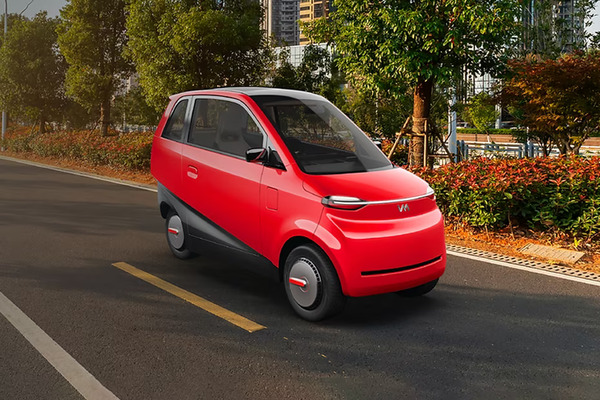
 14 Kwh
14 Kwh 250 km
250 km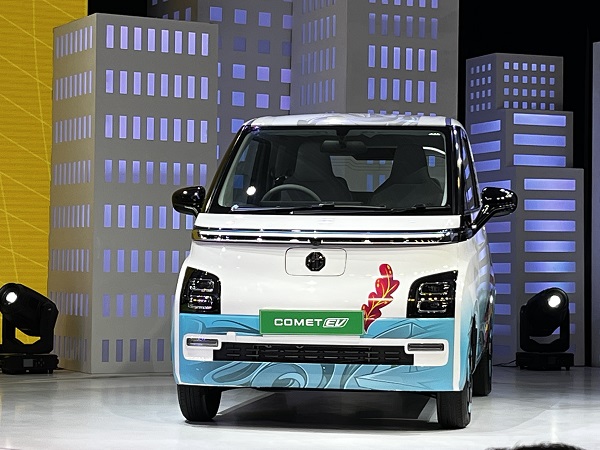
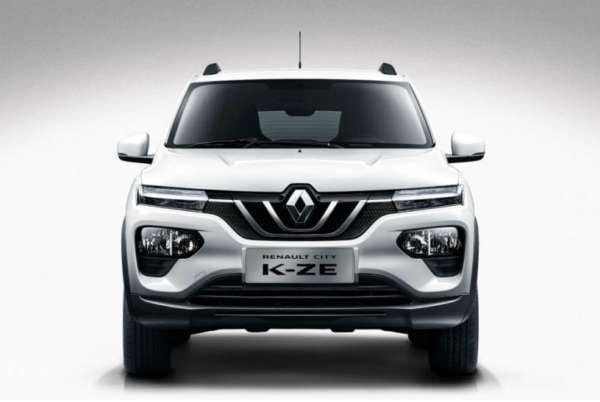


 1497 cc
1497 cc Multiple
Multiple